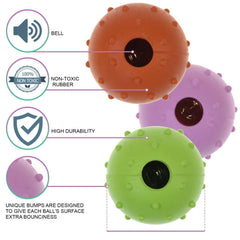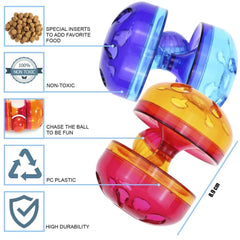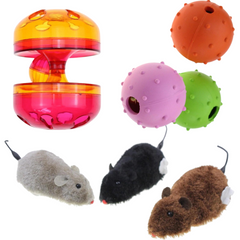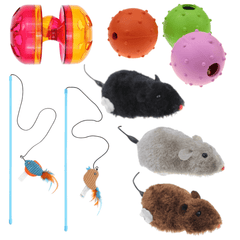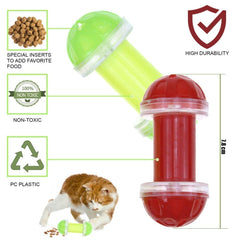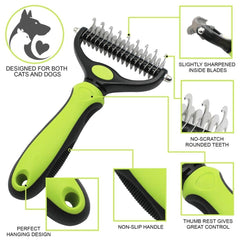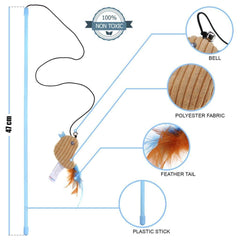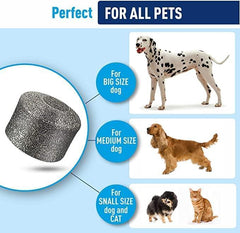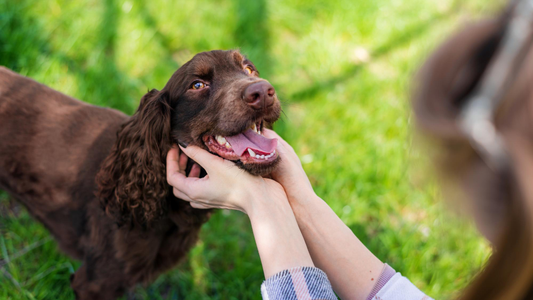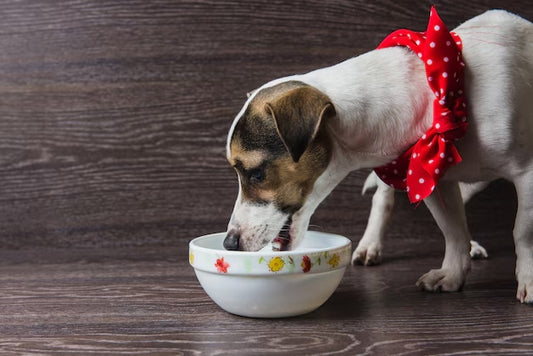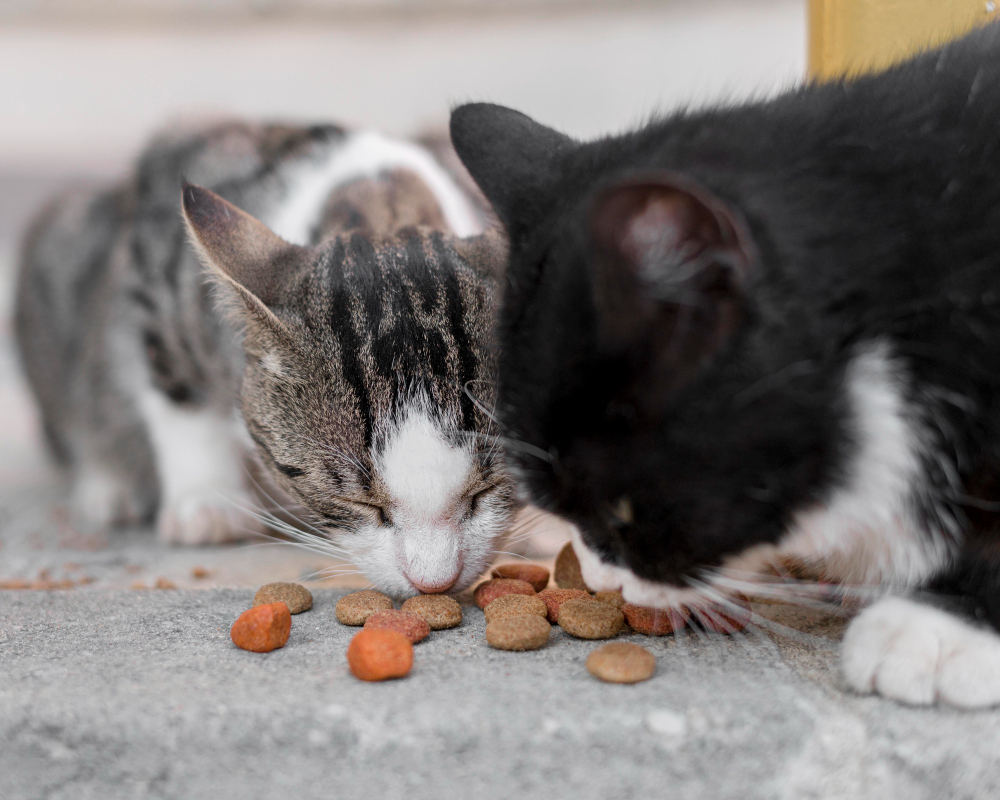
Cats are so adorable and innocent that we always give in to their requests for food. Being a cat parent, teaching your feline discipline in eating is challenging. We know that you pay attention to your cat's appetite, but it should be a cause for concern if your cat is always hungry.
Some noteworthy reasons behind your cat’s increased hunger can be serious health problems like diabetes, hyperthyroidism, or cancer. Our handy guide will discuss all possible causes of overeating in cats, symptoms you need to search for, and what to do if you are worried about your cat’s eating habits.
You should track your cat's eating habits. An increased appetite does not always mean that cats gain weight, but other signs of health problems can also exist. These problems may range from boredom and medical causes to simply needing more calories, so you should always be on the lookout for them.
7 Reasons Why Your Cat's Always Hungry
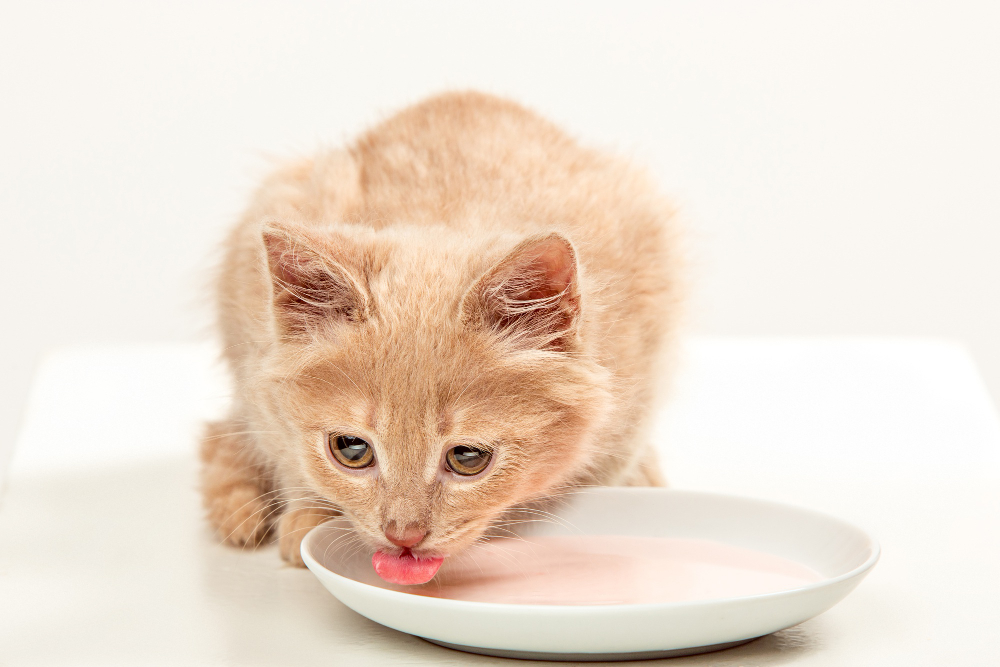
Many reasons can explain your cat's increased appetite. Some may point toward medical conditions, while others mean that your cat is not meeting their nutritional needs.
Let's understand why your cat's diet is now ten fold:
1) Your cat is bored
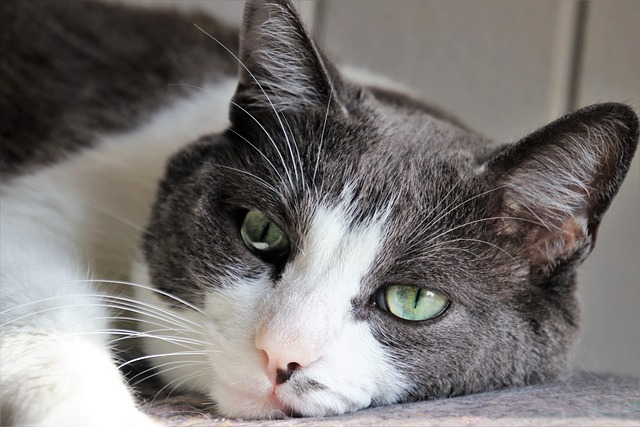
One of the common reasons why your cat is always hungry is that it might be bored. As it is with humans, when we are bored, we often tend to eat to ease our boredom. Similar is the case with most cats. When they get bored, they want to eat more food.
Therefore, you must first try to indulge them with cat toys or any other activities that will keep them occupied. Buy your cats a few interactive toys like cat ball toys and play with them yourself. This will help reduce your cat's increased appetite.
2) The cat food is of low quality

Often, the cat food we feed our cat could be of better quality. This means that the low-quality food is not helping your cat meet its nutritional needs.
Moreover, suppose you need to feed your feline friend a diet that gives them adequate calories to maintain their healthy weight and energy levels throughout the day. In that case, it can also lead to excessive hunger.
Important Note: You should feed your cat food that is well balanced and nutritional.
The food should also be based on your cat's lifestyle. For example, kittens or younger cats require more calories because they are more active. Older cats or middle-aged cats are sedentary, so they need fewer calories.
3) Hyperthyroidism
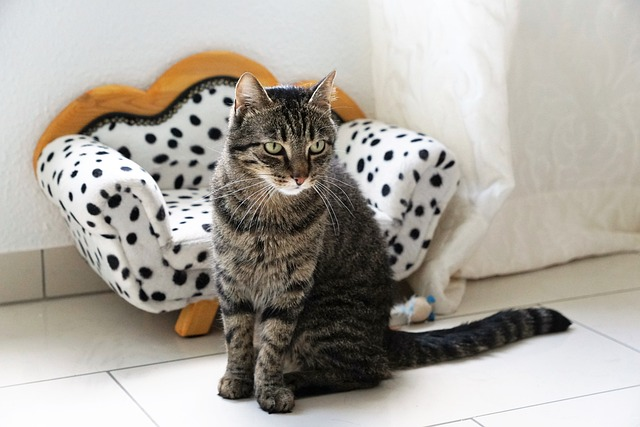
This might explain their increased hunger if you have an older cat. Hyperthyroidism is a disease most commonly found in older cats wherein the thyroid gland releases too much thyroid hormone.
This increases the cat's metabolism rate, which causes your cat's hunger to grow. Not only that, but increased metabolism also causes weight loss, muscle wasting, increased thirst, and vomiting.
So, if you observe weight loss in your cat despite overeating, you should contact your vet. There are medications available for it. However, sometimes surgery is also required.
4) Intestinal parasites
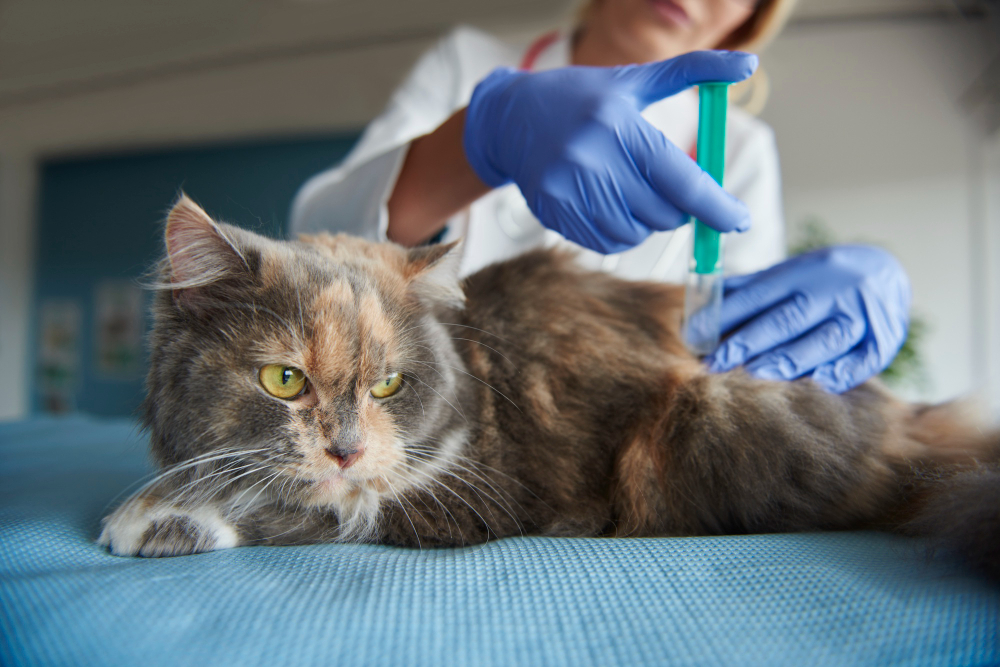
Another medical condition that makes your cat always hungry is a parasitic infection. Severe parasitic infections or certain types of parasites, such as worms, can cause increased cat hunger.
Important Note: The parasites eat a large part of your cat's calories. Your cat loses weight due to it even if you feed it a high-calorie diet.
The vet can do a physical examination and fecal testing. Afterward, they can suggest proper medication for the worms.
5) Diabetes mellitus
Cats also suffer from diabetes mellitus or feline diabetes. It is a disease where insufficient insulin is produced, or the cat's body is not responding to the insulin circulation inside. The former is type 1 diabetes, and the latter is type 2.
This leads to increased blood sugar levels, which causes increased cat hunger. Other clinical signs include weight loss, a dull hair coat, increased urination, thirst, and in severe cases, vomiting, diarrhea, and listlessness.
Your cat's health is essential, so you should take it to a vet if you recognize these symptoms. Insulin injections are a possible solution your vet may suggest for your cat's diabetes.
6) Malabsorptive Diseases
It is an inflammatory bowel disease where the small intestine does not absorb nutrients from your cat's food. This causes the cat's weight to decrease. Other signs of this disease include muscle wasting, increased appetite, vomiting, and diarrhea.
Important Note: Exocrine pancreatic insufficiency (EPI) is a rare disease that sometimes occurs in cats. The pancreas cannot absorb enough digestive enzymes to help break down food.
This leads to a lack of nutrient absorption and, therefore, increased hunger.
7) Aging and changes in metabolism
If your cat is always acting hungry, then it could also be an indication of its aging. Aging also makes a cat hungry because metabolism changes occur as a result, so the cat feels hungry to keep up with these changes.
The ability to digest fat and protein declines once the cats get old. However, their energy requirements increase. Fat gives twice as many calories in every gram as protein or carbohydrates. So if your cat loses their ability to digest that fat, it reduces calories. The cat has to begin eating more to meet its calorie needs. This change usually occurs in cats when they are 13 years old.
How Frequently Should I Feed My Cat In A Day?
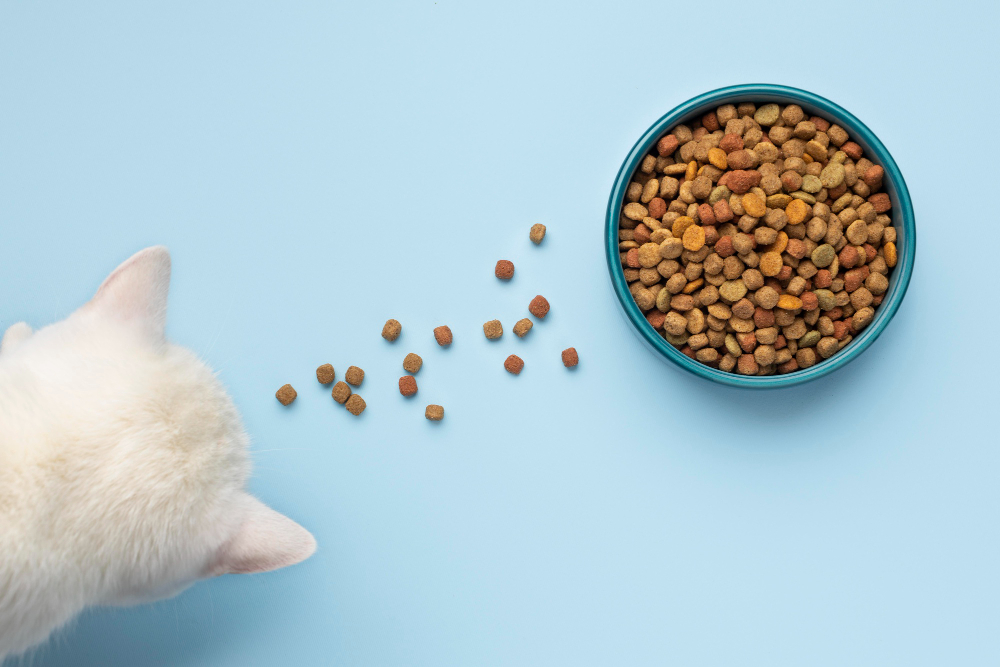
All cats are different, so no one set rule can be followed when it comes to feeding them. Some cats like to munch on food throughout the day, while others can follow scheduled mealtimes. It all depends on your cat's lifestyle, weight, and ability to regulate.
Moreover, it also depends on the age. When felines are less than six months old, they need more food per pound of their weight. This is to support their body growth and development. This is a healthy appetite, so you should provide them with three or more meals daily.
When the kitten becomes six or more months old, two meals a day is enough food for them. Any cat beyond this age can be fed once or twice daily.
Final Words!
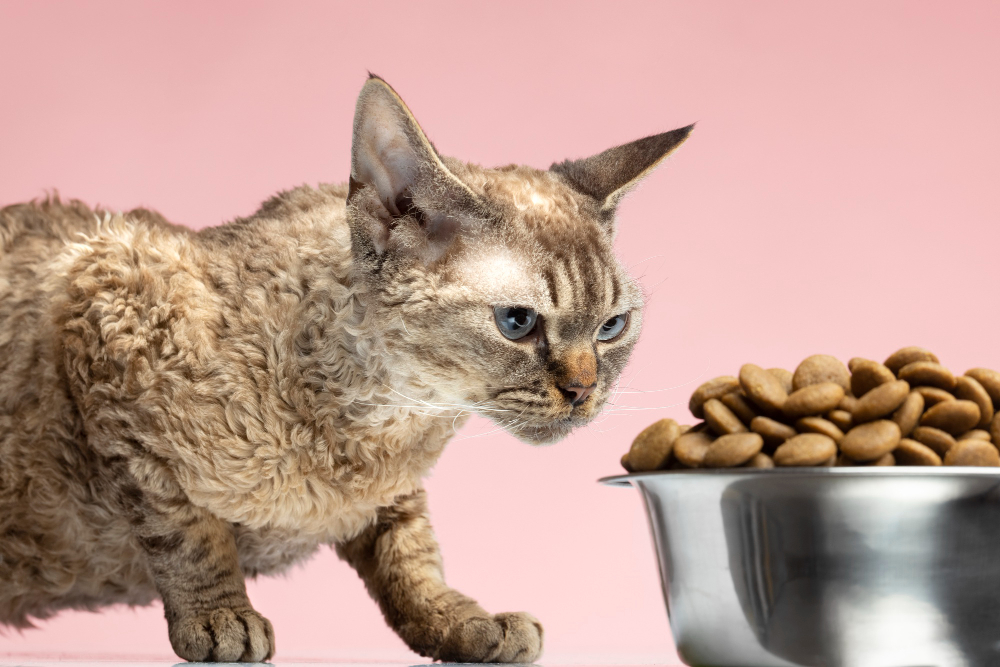
It is only sometimes a cause of concern if your cat is always hungry since it can just be that they are bored. However, suppose the hunger persists for a more extended period. In that case, you should have your cat examined by a vet.
There can be several reasons for your cat's persistent hunger. If it is a medical condition, it is better to find out about it in time so that appropriate treatment can begin. In most cases, however, it is just that your cat's nutrient and calorie needs are not being met, so they remain always hungry.
Important Note: But keeping an eye out for the potential reasons behind your cat's increased hunger is extremely important. So don't ignore it.
So we hope this article answers your query about why your cat is always hungry.
Let us know if you have any queries. We are always here to help cat parents!
